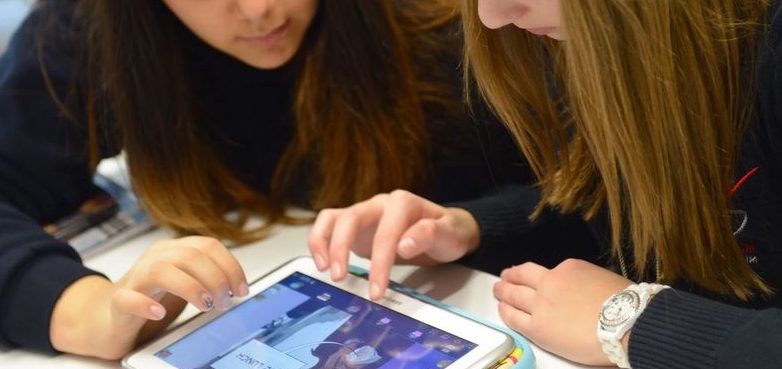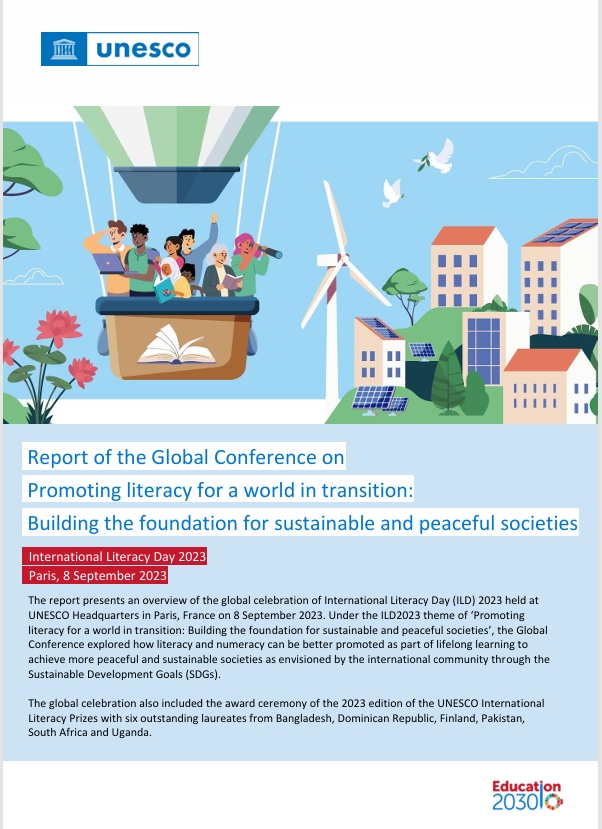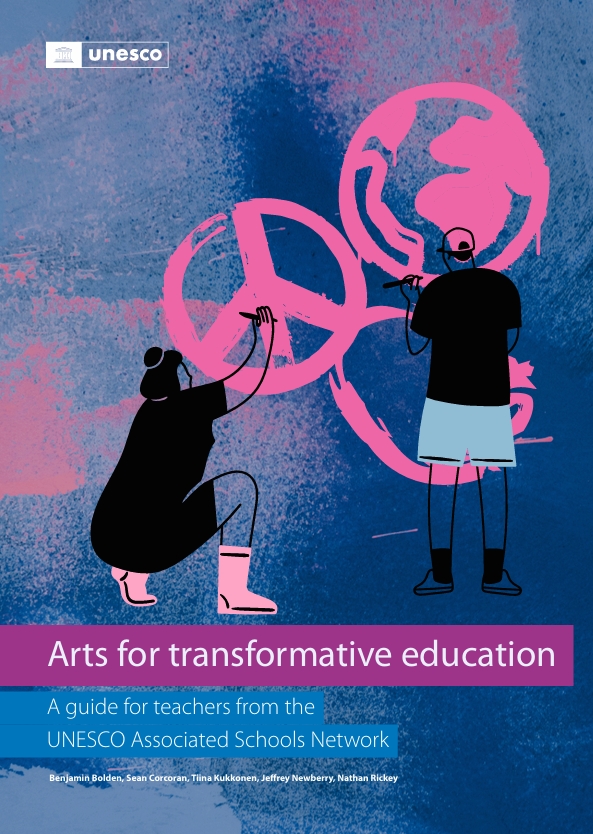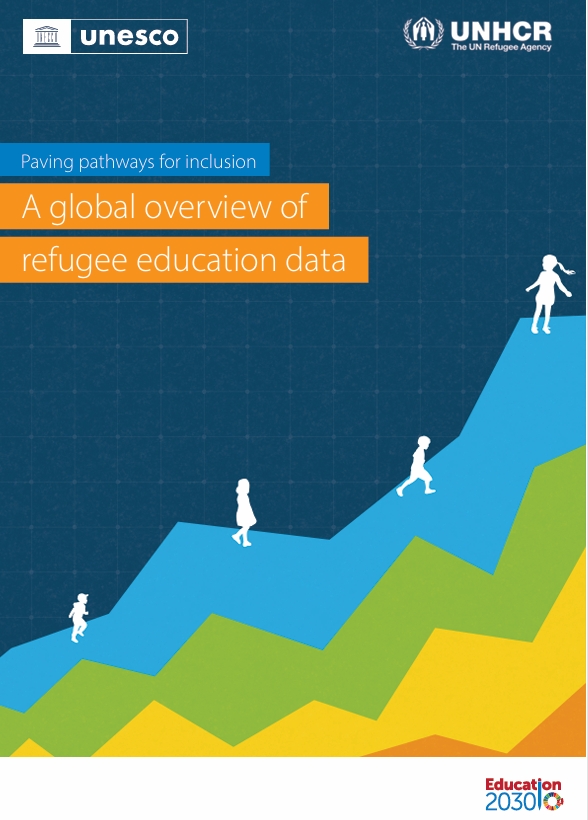Story Source: Edutopia ~ Go to Original Article
My journey with self-paced learning began when my attempts to implement project-based learning (PBL) failed spectacularly. My students didn’t have the research skills or the self-management skills they needed to cope with PBL, in part because they were trying it for the first time. I needed a way to teach them how to take ownership of their learning and build self-management skills, and I found promise in self-paced learning.
Although my students were uncomfortable with it at first, they adapted quickly and became more engaged. They demonstrated more self-reliance, better problem-solving skills, and better time management. They learned more and retained more, and when I later built in a PBL unit, they were able to complete it successfully………..






